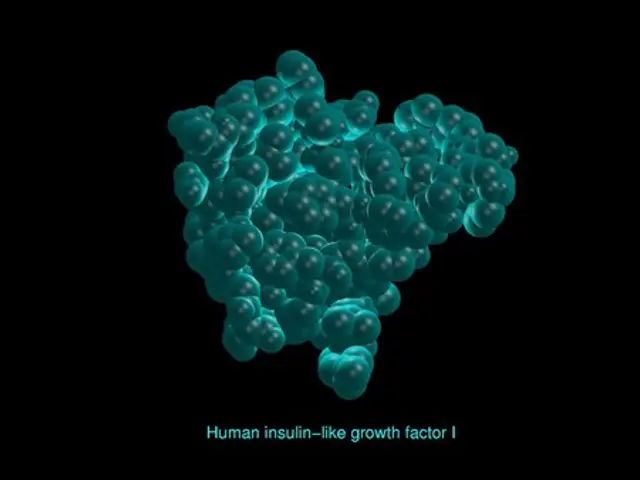Untreated Psychosis: Schizophrenia Condition Unidentified
Untreated schizophrenia, a serious mental disorder, can have profound and far-reaching effects on an individual's life, impacting mental and physical health, social interactions, and broader societal factors.
Mental Health Effects
The progressive worsening of symptoms is a common characteristic of untreated schizophrenia. This often involves a pattern of relapse and remission, but without treatment, symptoms worsen, including both positive symptoms (such as hallucinations, delusions, disorganized thinking) and negative symptoms (such as loss of emotions, social withdrawal).
Untreated schizophrenia can also lead to cognitive decline, with deterioration in cognitive functions such as memory, concentration, and executive functioning. This cognitive decline can increase the risk of suicide, which is unfortunately high among individuals with schizophrenia, with up to 10% of individuals dying by suicide. The average lifespan of individuals with schizophrenia is reduced by approximately 15 years, often due to a combination of suicide, neglect of physical health, and comorbidities.
Persistent untreated illness also leads to poor psychosocial functioning, including difficulties in managing daily life, work, and relationships.
Physical Health Effects
People with untreated schizophrenia often face challenges in recognizing or managing physical health needs, contributing to poor overall health and increased mortality. Additionally, family members often bear the physical and emotional burden of caregiving for untreated patients, affecting their own physical and mental health due to chronic stress and social isolation.
Social Interactions
Progressive decline in social skills and functioning leads to withdrawal from family, friends, and community. Fear of stigma can prevent individuals from seeking help, exacerbating isolation and untreated illness. Untreated schizophrenia often results in the loss of social contacts and can lead to homelessness or marginalization.
Societal Impact
Untreated schizophrenia increases healthcare utilization when crises occur, reduces workforce participation, increases disability claims, and places financial strains on families and social services. Families providing long-term care face physical, emotional, and financial hardships, potentially leading to caregiver burnout and reduced quality of life.
Untreated individuals may contribute to broader social problems such as homelessness and involvement with the criminal justice system due to unmanaged symptoms and lack of support. Stigma and untreated mental illness hinder societal wellbeing and inclusion.
The Importance of Early Diagnosis and Treatment
Early diagnosis and treatment are critical to prevent long-term deterioration, improve functional outcomes, reduce suicide risk, and lessen the societal and familial burden of schizophrenia. Untreated schizophrenia typically results in significant and lasting detriments across mental and physical health, social ties, and social systems.
Support for Individuals Living with Schizophrenia
Individuals with schizophrenia may also experience cognitive impairments affecting attention, concentration, memory, and educational performance. Fortunately, there are significant sources of support available, such as the National Alliance on Mental Illness Connection Recovery Support Group, Schizophrenia Alliance, and Schizophrenia & Psychosis Support.
People with schizophrenia who have become ill may have difficulty communicating their symptoms to medical professionals. This highlights the importance of open dialogue, empathy, and understanding when dealing with mental health issues.
Seeking Help
If you or someone you know is in crisis and considering suicide or self-harm, help is available through the 988 Lifeline, Crisis Text Line, Befrienders Worldwide, or local emergency services. Let us remember that seeking help is a sign of strength, not weakness, and it is crucial to prioritize mental health and wellbeing.
References:
[1] - Progressive worsening, cognitive decline, social dysfunction from untreated symptoms; [2] - Caregiver burden and social isolation effects; [3] - Prognosis, suicide risk, lifespan reduction, importance of early treatment; [4] - Stigma, discrimination, barriers to treatment, societal impact; [5] - Social dysfunction, homelessness, physical health neglect, and societal costs.
- Untreated schizophrenia can lead to a deterioration in cognitive functions, such as memory, concentration, and executive functioning, posing a risk to the person's overall health-and-wellness and mental-health.
- Failure to treat schizophrenia might result in an individual becoming isolated due to a progressive decline in social skills and functioning, impacting their persona and social interactions.





